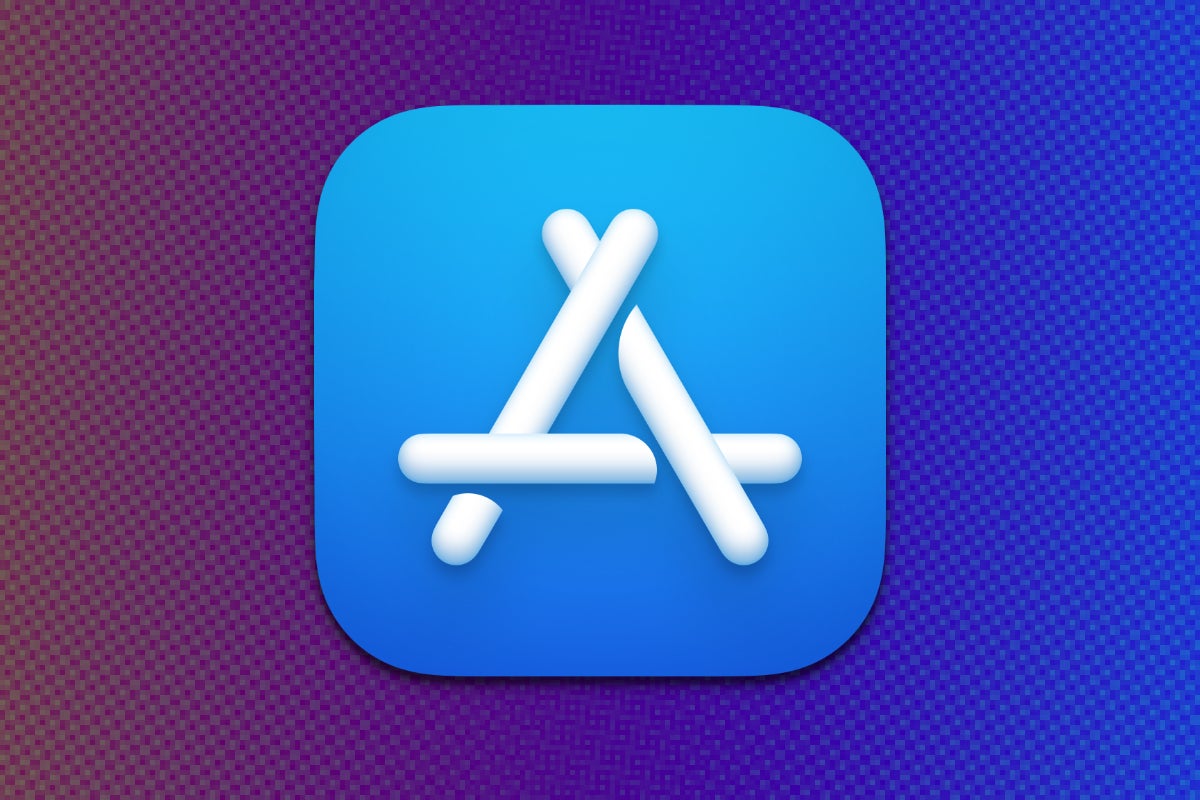As its battles with regulators intensify, Apple is getting ready to allow sideloading of software from third-party app stores in Europe, based on information in statements buried within the company’s most recent financial filing.
“The company expects to make further business changes in the future, including as a result of legislative initiatives impacting the App Store,” says Apple, “such as the European Union (“EU”) Digital Markets Act, which the Company is required to comply with by March 2024.”
Europe’s Digital Markets Act (DMA) limits what the biggest tech firms such as Apple can get away with by setting out a series of obligations they must meet. Among other provisions, it will require Apple to open up the App Store to rivals.
Some you win, some you don’t win
Apple has argued passionately (with white papers and supporting evidence) against these proposals, warning they will impact the security of iPhone and iPad customers; its latest statement suggests it has now conceded the point. That implies that it might begin to open up its platforms for third-party sideloading beginning next March, though the manner and schedule on which it will do so remains opaque.
Under the DMA, Apple could eventually also be forced to:
- Open up to payments from third-party services.
- Open up its messaging apps.
- Be forbidden from shipping apps preloaded.
- Make some of these changes by March 2024, with others on a longer schedule.
Apple’s filing concedes that it might have to make other changes to bring its business into line with the DMA and the global wave of litigation and investigations relating to the App Store. It says it has already applied changes to its business practices to meet regulatory demands, including in how developers tell consumers about alternative purchasing mechanisms.
The DMA will require the company to make additional changes over time. It will be required to let end users uninstall core platform services, for example, which could affect the capabilities of its platforms.
Even more changes will be required
“Future changes could also affect what the company charges developers for access to its platforms, how it manages distribution of apps outside of the App Store, and how and to what extent it allows developers to communicate with consumers inside the App Store regarding alternative purchasing mechanisms,” the company warns. Some changes are likely to affect Apple’s business.
At the same time, failure to make the changes would also be detrimental.
The DMA gives the EU the right to fine companies that refuse to meet its requirements up to 10% of global annual turnover. As the €13 billion judgement against Apple in the Irish taxation case limps toward its inevitable conclusion, it is clear the EU will use its enforcement muscle to punish corporations that fail to toe the line.
Though it may only hurt a little
Of course, once the dust eventually settles, the actual impact on Apple’s business might be relatively slight. In March, Morgan Stanley said: “While regulators are pushing for greater App Store competition, consumers continue to overwhelmingly prefer the App Store’s unmatched security, centralization, and convenience.”
Morgan Stanley analyst Erik Woodring has also pointed out that consumers overwhelmingly prefer the App Store to its alternatives. He notes that user take-up of third-party app stores on those platforms that already support them has been limited, as consumers prefer to use trusted interlocutors. Apple’s App Store is a trusted place to shop.
It is also possible that, far from opening up the market for apps, a move to compulsory support for sideloading could shrink the market. Consumers might become less curious about apps as the experience of obtaining them becomes less secure and more complex. That’s one way of parsing an Apple 2021 warning that if it were forced to support sideloading, iPhone users would need to be constantly be on the lookout for scams and will never be sure who to trust — as a result they will download fewer apps from fewer developers.
A big test for Europe
Who do you believe? Do you think opening up Apple’s ecosystem for sideloading will truly benefit consumers? Or will it turn the app universe into a toxic waste of malware-laden apps supplied by increasingly competitive third-party stores? It looks like consumers in Europe now only need to wait until next spring to find out.
So, that’s something to look forward to.
Please follow me on Mastodon, or join me in the AppleHolic’s bar & grill and Apple Discussions groups on MeWe.
Copyright © 2023 IDG Communications, Inc.
This story originally appeared on Computerworld

